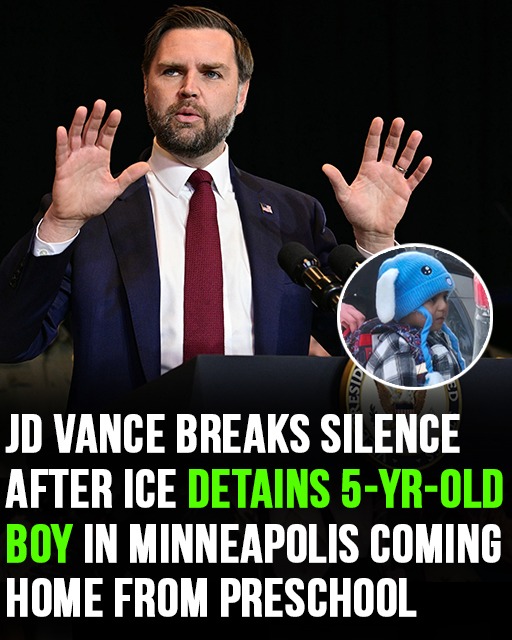At 64 years old, the legendary actor is unrecognizable!
At 64, Hugh Laurie remains one of Britain’s most admired and versatile actors. Yet, behind his sharp wit and calm intelligence, he has quietly admitted to carrying a sense of guilt — the feeling that, despite all his success, he somehow lived the life his late father once dreamed for him, but only in fiction. The man who famously portrayed Dr. Gregory House on television often says he still feels like “a fraud” — a fake doctor whose greatest role reflected the career his father once hoped he’d truly pursue.
Born in Oxford, England, in June 1959, Hugh Laurie was raised in a family that valued discipline, intellect, and quiet excellence. His father, Dr. William “Ran” Laurie, wasn’t only a respected doctor — he was also an Olympic gold medalist and a decorated war hero. A Cambridge graduate, Ran embodied the kind of calm confidence that came from real-world achievement and service, something his son deeply admired but never felt he could quite match.
Following his father’s example, Hugh attended Eton College and later Cambridge University. There, he joined the rowing team, aiming for Olympic competition just as his father had. Medicine was expected to come next — the natural continuation of the family legacy. But destiny intervened in an unexpected way.
At Cambridge, Laurie discovered the Footlights, a student comedy troupe known for producing some of Britain’s greatest comedic talent. It was there he met Emma Thompson and Stephen Fry. That single encounter changed his life forever. Performing on stage awakened something new in him — a love for storytelling and humor that eclipsed his earlier ambitions.
By the mid-1980s, Hugh Laurie had become a household name in the UK. His work in A Bit of Fry and Laurie and Blackadder showcased his sharp comedic timing and undeniable charm. Yet, even as his career soared, he often wondered if he’d somehow strayed from the path his father had envisioned.
Then came the role that would define his legacy. In 2004, Laurie was cast as Dr. Gregory House in House, M.D., the gruff, brilliant diagnostician whose mind was as sharp as his tongue. The irony wasn’t lost on him — the son of a real doctor, now pretending to be one on television. But he played the part with extraordinary depth and authenticity, turning the show into one of the most acclaimed dramas in modern television history.
For eight seasons, Laurie’s performance captivated millions around the world. Critics praised his precision, his emotional range, and the quiet humanity beneath the sarcasm. The role made him one of television’s highest-paid actors and earned him multiple awards. Yet behind the success, Laurie has admitted that the long, demanding filming schedule often left him emotionally and physically drained.
He once confessed that, during the height of the show’s popularity, he struggled with exhaustion and self-doubt — pushing through each day with the same relentless work ethic that his father had instilled in him. What haunted him most, however, was the feeling that he had “cheated” his father’s dream. “My father wanted me to become a doctor,” he said once. “It’s fitting, I suppose, that I ended up pretending to be one.”
Ran Laurie passed away in 1998, years before House premiered. Hugh has often reflected on how his father never got to see him embody that role — a character who, in many ways, mirrored the brilliance and moral curiosity his father had shown in real life. That missed connection remains one of his quiet regrets.
After House ended in 2012, Laurie stepped away from the spotlight for a time. He turned to music — another lifelong passion — and released blues albums that revealed a soulful, introspective side of him rarely seen on screen. Later, he returned to acting in new forms, including the psychological drama Chance, once again playing a complex doctor.
Through it all, that thread of reflection persisted. Fame and awards never seemed to quiet the modest, thoughtful part of him that questioned whether he had truly lived up to his father’s example. Yet, in a deeper sense, he had honored it — not through medicine, but through empathy.
Hugh Laurie’s portrayal of Dr. House inspired millions to think about medicine, ethics, and the human mind in ways few shows had ever done. His art touched people, provoked reflection, and even inspired future doctors — a legacy his father might have been proud of.
Today, Laurie continues to act, write, and make music. He remains humble, thoughtful, and driven by curiosity — qualities that make him not only a great artist, but also a deeply human one.
And perhaps that’s the lesson his journey offers: that there are many ways to heal and to help. Some use stethoscopes. Others use stories.
Hugh Laurie may not have become the doctor his father once imagined — but in his own way, he has spent a lifetime exploring the human heart just the same.

